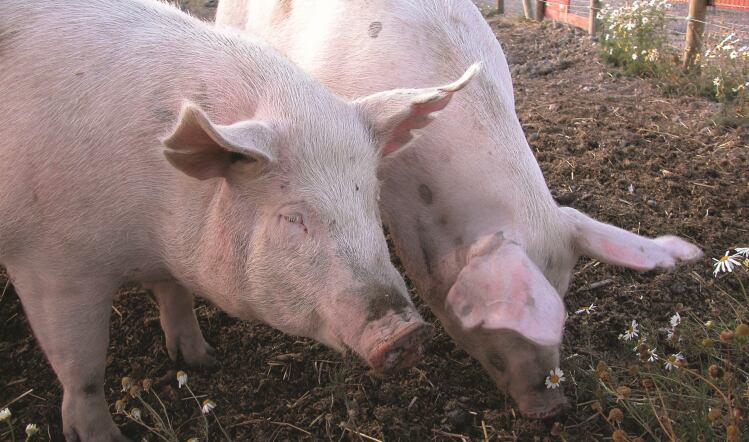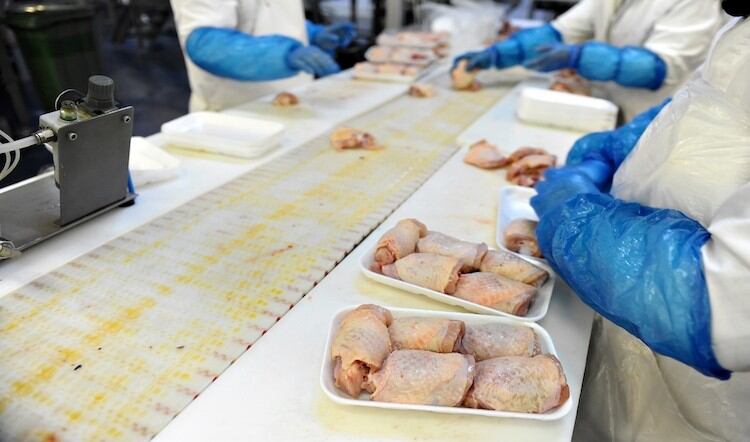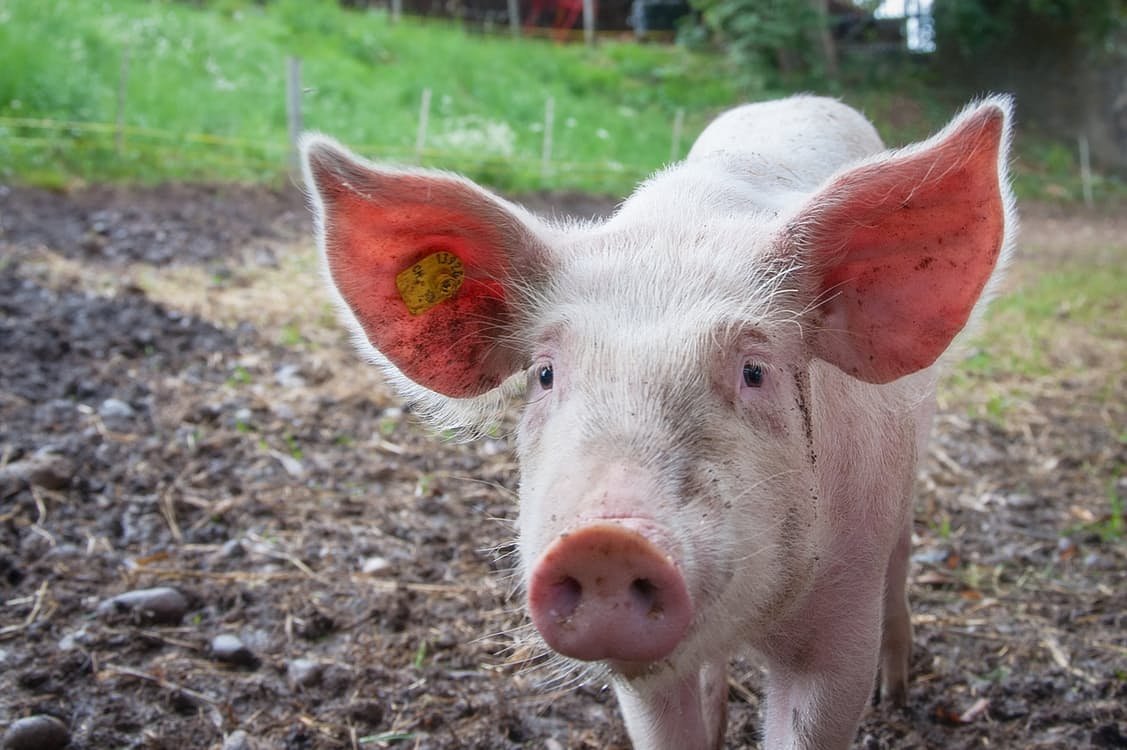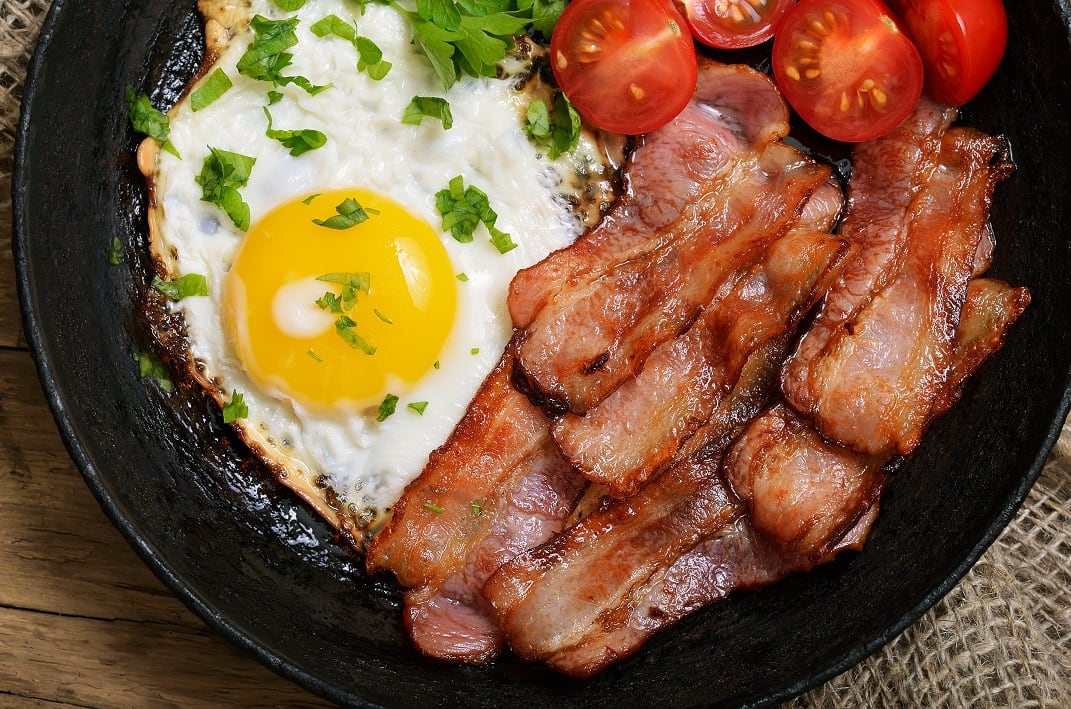The Agriculture and Horticulture Development Board’s (AHDB’s) Pig Cost of Production in Selected Countries report found that GB costs for indoor pigs increase 20% to £1.79, up 20% compared with the previous year.
This was ahead of all EU countries, with the average cost reaching £1.50 per kg deadweight – up 6% in sterling terms.
The UK reference price of £1.50 per kg was 7% lower in 2021 than the previous year, resulting in negative margins for the whole year.
Negative margins
Commenting on the report, AHDB Lead Analyst Carol Davis said: “Last year was a particularly difficult year for pig producers in the UK. Increased feed costs and lower pig prices, coupled with a backlog of pigs due to butcher shortages in abattoirs, all resulted in negative margins last year.
“And although pig prices increased significantly from April this year, they have not been sufficient to cover the continued elevated cost of production.”
The UK saw an average increase of around 20% in feed prices between 2020 and 2021, compared with the overall average EU price rise of 9%.
Chance to reduce costs
Carol added: “If GB indoor producers were achieving the EU average at breeding and rearing finishing stages on the same cost basis, they could reduce their 2022 Q3 costs of production from 227p/kg to 218p/kg.
“If all GB indoor producers were achieving the performance of the top third of GB producers, 2022 Q3 costs of production would be 198p/kg.”
Meanwhile, in other pork processing news, Danish Crown is to invest more than £100m in a new 30,500 sq.m sustainable processing facility in Rochdale, Greater Manchester.
The facility is due to begin production in the second half of 2023 and will create around 300 specialised jobs once it is fully operational, producing more than 900 tonnes of bacon and gammon a week.





